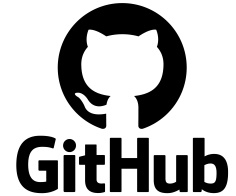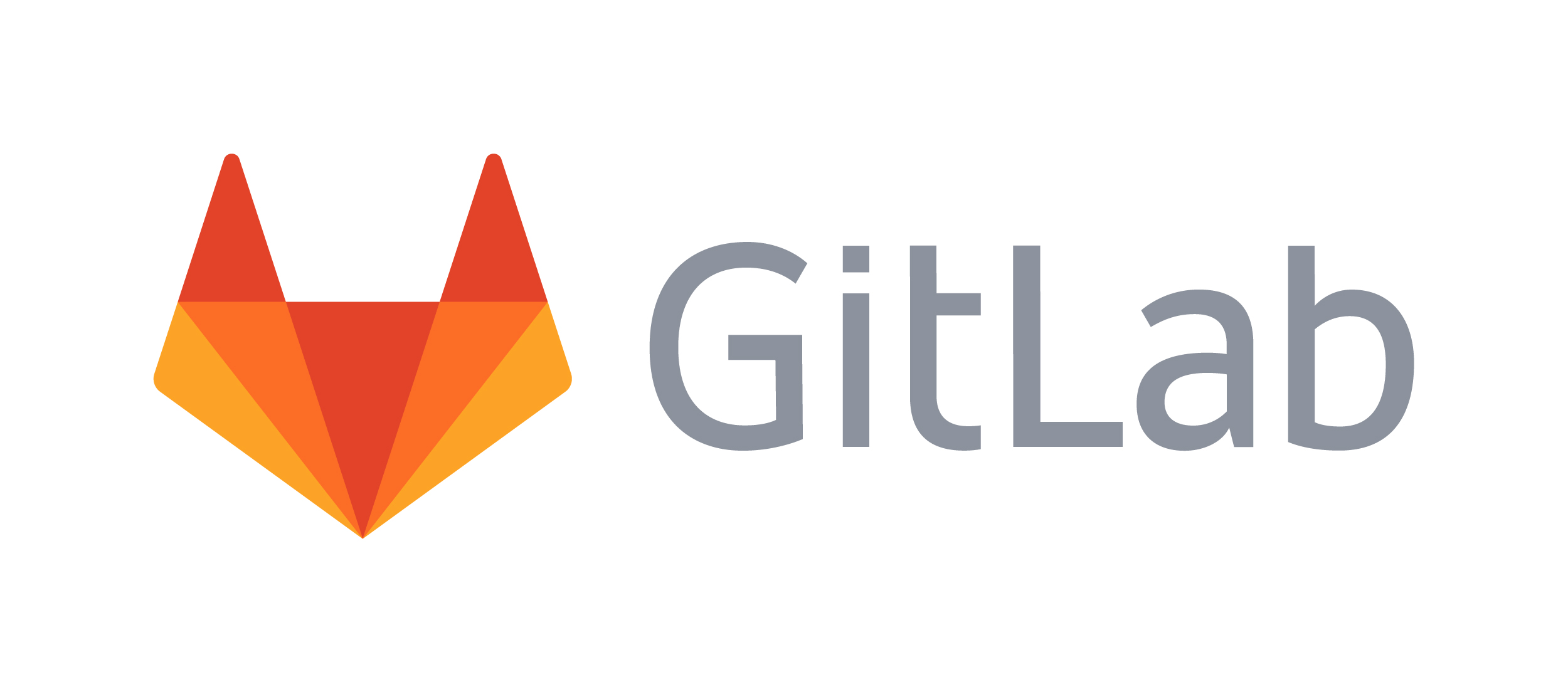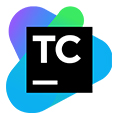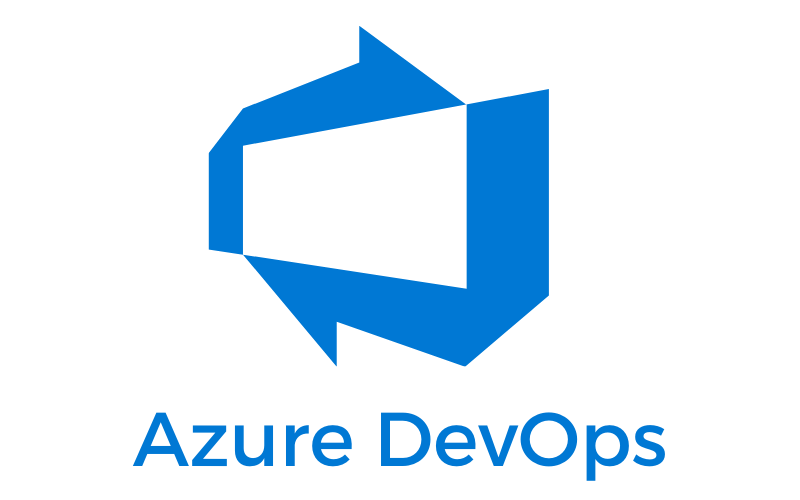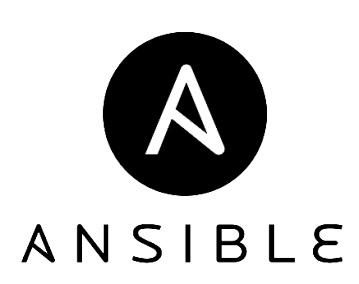In a previous post, Ori Hoch reviewed the best DevOps tools for 2021, mentioning some of the tools listed here. In this post, I wish to focus more on the CI aspects.
Through hard work, trial and error, and a bit of luck, DevOps has progressed to the point that we have today. It is a mindset that involves many opinions on what constitutes a standard. Part of that standard is deciding which products and services are the best CI CD tools for your particular environment. With so many to choose from, a person could get lost in the sea of options. Don’t fret! Today we will focus on some of these tools and how they fit in your CI CD pipeline so you have a better idea of the solutions available.
Choosing the best CI CD tools for the job.
As we learned earlier, some CI CD tools handle the integration and delivery portions differently. For that reason, it is hard to say any one is the best CI CD tool for your team’s shop. Just because one tool may have a larger market share over another does not mean it is not going to be the “silver bullet” that solves it all. Just as we have different stacks to support as DevOps engineers, CI CD tools may be specific (or native) to that stack.
There are many aspects of continuous integration and delivery. Not all of the tools we discuss are specific to building or deploying an application. Other tools knockout critical needs like configuration management and testing as part continuous delivery. Still, others are there to yell at the developers when they start to go outside policy or standards and protect the codebase in the process.
Continuous Integration and Delivery Options
We all know the need for continuous integration in our pipelines. It allows for building software in a way to support multiple developers working on the same application or component. Some of you may even have physical build lights that warn the entire group of the impending doom of a bad build! Over the years, tools have become mainstream that are trusted for this portion of the CI CD. Many of which have greatly progressed DevOps.
It isn’t enough to just build the software, you have to deliver in a way that extends your efforts all the way to deployment. While not the same as continuous deployment, the tool chosen definitely affects how you go about getting to that goal. That is a good enough reason to review a few of the options out there to ensure it will support future projects.
Jenkins
Jenkins is well-known, widely adopted, and supported by a very large community of engineers. That’s why you will see it posted at the top of most any listing showcasing the best CI CD tools. We DevOps engineers use Jenkins in many powerful ways. Some of which may not be the initial intent of the platform! Because of its popularity, many use Jenkins for building software, infrastructure creation, and deployment through the environments.
The advanced options in Jenkins along with its flexibility are huge reasons why we recognize it as one of the best continuous integration tools for a variety of pipeline needs. The community support and additional commercial offerings ensure most any stack is supported. Not only that, but plugins allow Jenkins to interface with additional orchestration tools to support the full pipeline.
Related: What is Jenkins?
GitHub
Most of us use GitHub at some point when working on tasks. Whether it is to get example code, or to gain additional insight into one of the software packages hosted on the platform, it is used quite extensively in the DevOps world. GitHub is also a powerful CI CD tool for building, testing, and deploying code in an organized, secure manner.
The ability to keep the codebase secure is paramount. During the continuous integration portion on a GitHub build, checks and balances are available to prevent those pesky vulnerabilities from making it out to an environment. Common vulnerabilities, best-practice guidance, and a way to keep the lid on secrets puts GitHub on our list as one of the best CI CD tools for DevOps.
GitLab
Not to be confused with GitHub, GitLab is another cloud repository system that has recently been extended to provide build portions as well. GitLab helps simplify the build and software delivery process by allowing for repeatable functions while also giving metrics around the entire process.
An open-source package, GitLab is another good tool to be on our list of the best CI CD tools. Whether you are using their secure Git repository, or connecting to your own, GitLab provides the repeatable processes and methods to allow for continuous integration and a way to see how that automation is performing in our stack.
Related: What is GitLab?
TeamCity
Have quite the workflow to manage? TeamCity’s solution allows for a very in-depth usage of all the tools needed to build and deploy software for a variety of applications. Like Jenkins, TeamCity uses agents to handle the dirty work of building software packages. Their recent cloud offerings are enticing, but the simplicity of starting up a new instance in your environment should be noted.
With a Docker image available, DevOps can quickly spin up an instance to see how it will fit in with the team’s development. Since it’s also enjoyed a good history of usage from engineers for quite some time, much of the features you would need are available and ready to build. As with others, we consider TeamCity to be among the best CI CD tools available. See how TeamCity stacks up when compared to Jenkins in our article, here.
Related: What is TeamCity?
Shippable
JFrog have been helping with managing artifacts for many years. Now they have Shippable to offer as a solid CI CD tool. Extending beyond just building software, this tool promises to help reign in all your other disparate systems. It does this by providing that additional orchestration required for successful deployments.
The workflow method used allows for a good way to visualize and accomplish all that is needed to orchestrate “all the things!” Add to that the intense focus on documentation and ease of implementation for a well-rounded addition to our list of best CI CD tools. Although a bit new as tooling goes, Shippable promises to help us all closer to continuous delivery.
Azure DevOps
We can say a lot about Azure DevOps. In the past, TFS was used almost exclusively in .NET shops. The extension of TFS, Azure DevOps, is the cloud offering from Microsoft that integrates the code repository, build, testing, and deployment into one application. With a huge amount of users out there, the additional extensions for build and deploy tasks are endless.
From a project management standpoint, Azure DevOps helps integrate the task with the change. This forms a relationship to the release itself so things can be well tracked. This method of tight project integration and wide adaptation of ADO is one of the reasons we recognize it as one of today’s best CI CD tools. Azure DevOps is powerful and comparable to Jenkins from a build and deploy standpoint.
Related: What is Azure DevOps?
LaunchDarkly
If you have ever worked with [feature flags]**LINK**, you know there are many different ways to go about implementing them. They allow that little extra bit of assistance in situations where you may want to expose only a portion of available features in an application. Why is this useful? The standardized approach allows for a true programming pattern for the team. One they can use to their advantage to manage their software.
Using LaunchDarkly will enable a lot of innovation via experimentation. Using features that can segment the available options to specific subsets of users is very powerful. Instead of affecting the entire user base, teams can pick and choose what features show for any specific targeting options. As a supportive tool to some of the other CI CD tools we’ve mentioned, LaunchDarkly earns its place as a very useful product.
Ansible
Coming in as another one of the best CI CD tools is Ansible. This is another valuable product that helps teams with some of the more complicated configuration tasks. These tasks help create the necessary infrastructure, configure it properly, and even support continuous delivery to targets.
Sure, it isn’t as straightforward as some tools, but the amount of actions a DevOps engineer can complete is staggering. When used as or with additional orchestration, it can be pretty hard to beat. The complication of using a tool like Ansible may be seen as an initial drawback. However, documentation and support do allow for a comfortable path towards learning the product.
CircleCI
CircleCI enjoys a large share of the market for continuous integration platforms. Their product allows for connectivity to most popular source code repositories. It touts features that create a tight integration into the pipeline to handle major tasks around build, testing, and deployment. CircleCI utilizes a large number of resources meant for the purposes of building most any software stack.
This build system also provides insights into additional debugging information and provides various reporting functions. The dashboards available allow CircleCI to provide a lot of valuable feedback regarding the health of your build environment. As one of the more popular applications, CircleCI was sure to make this list of the best CI CD tools.
Bamboo
Our friends at Atlassian have been working towards another method that allows for stable build, testing, and deployment of our code. Tight integration with existing JIRA products has allowed Bamboo to show itself as another very useful platform in our list. With a huge list of supported stacks, those programming with cloud, hybrid-cloud, or on-prem are able to build, test, and deploy just about any combination.
The flexibility and integration with one of the more popular project management programs, JIRA, is a good thing to consider when investigating using Bamboo for your build needs. As it compares to Jenkins, Bamboo offers a lot of similar features. Although, Jenkins does enjoy a larger usage in the community. Just another reason why it should be considered as one of the best CI CD tools.
Related: What is Atlassian Bamboo?
Closing Thoughts on the Best CI CD Tools
Not everyone has a situation that calls for using all of the applications discussed today. However, knowing what tools are available is key to ensuring you are making the right choice for the now as well as the later. Taking the time to evaluate how each of them fits into your delivery needs is a good first step.


